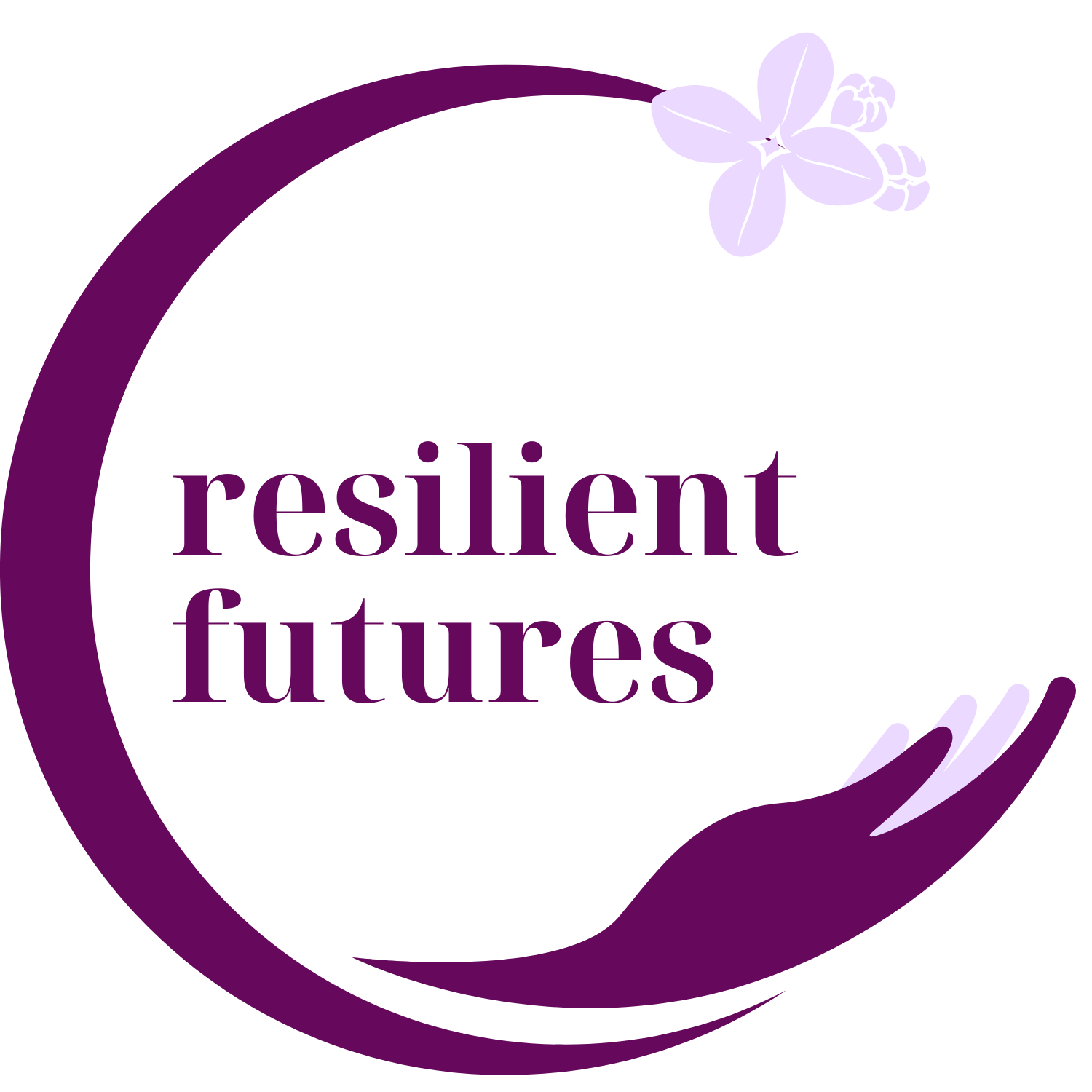Understanding Childhood Trauma: An Infographic
When it comes to childhood trauma, many lack understanding of the impact on children that transcends into adolescence and adulthood. See how the latest data stacks up and get educated about the impact of childhood trauma.
Sign up to read this post
Join Now
